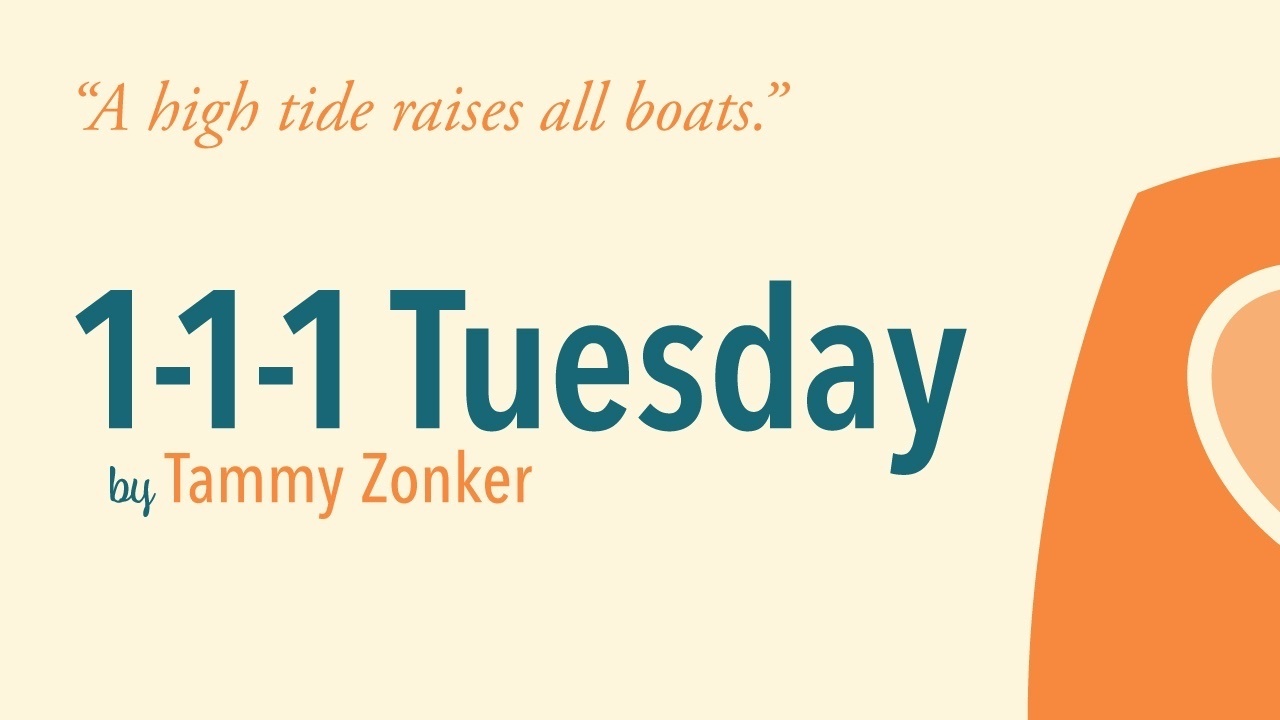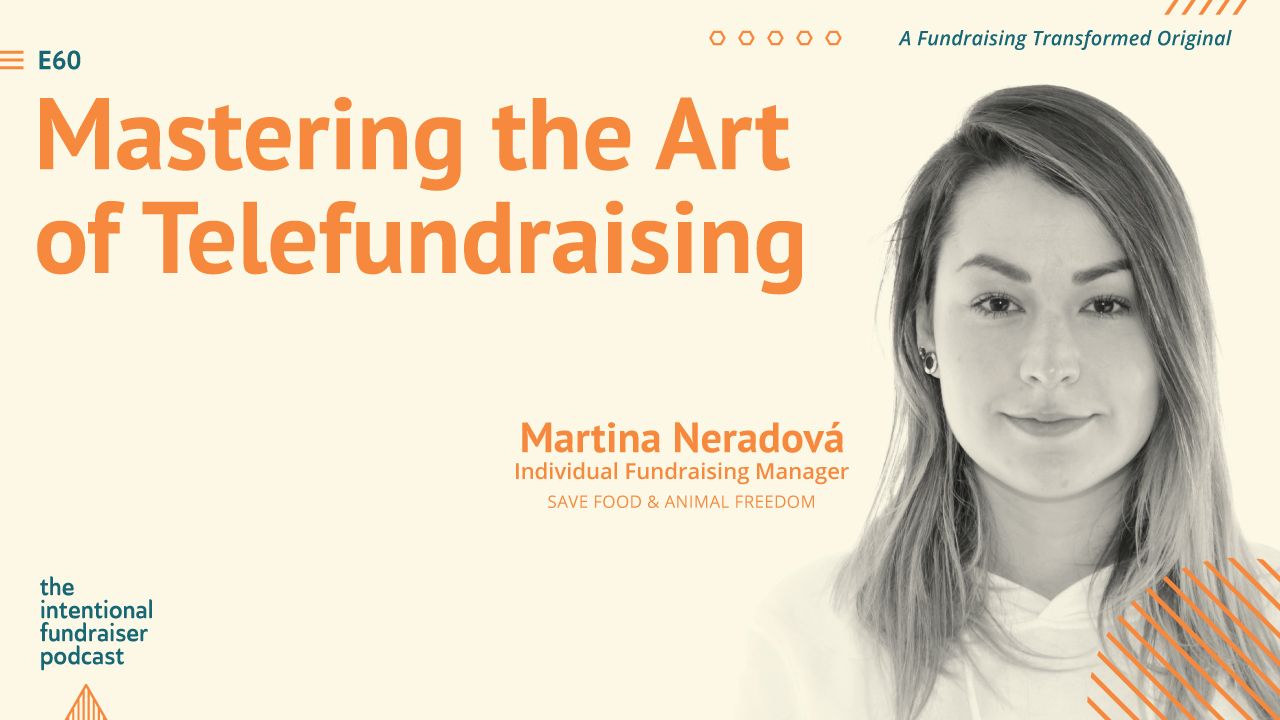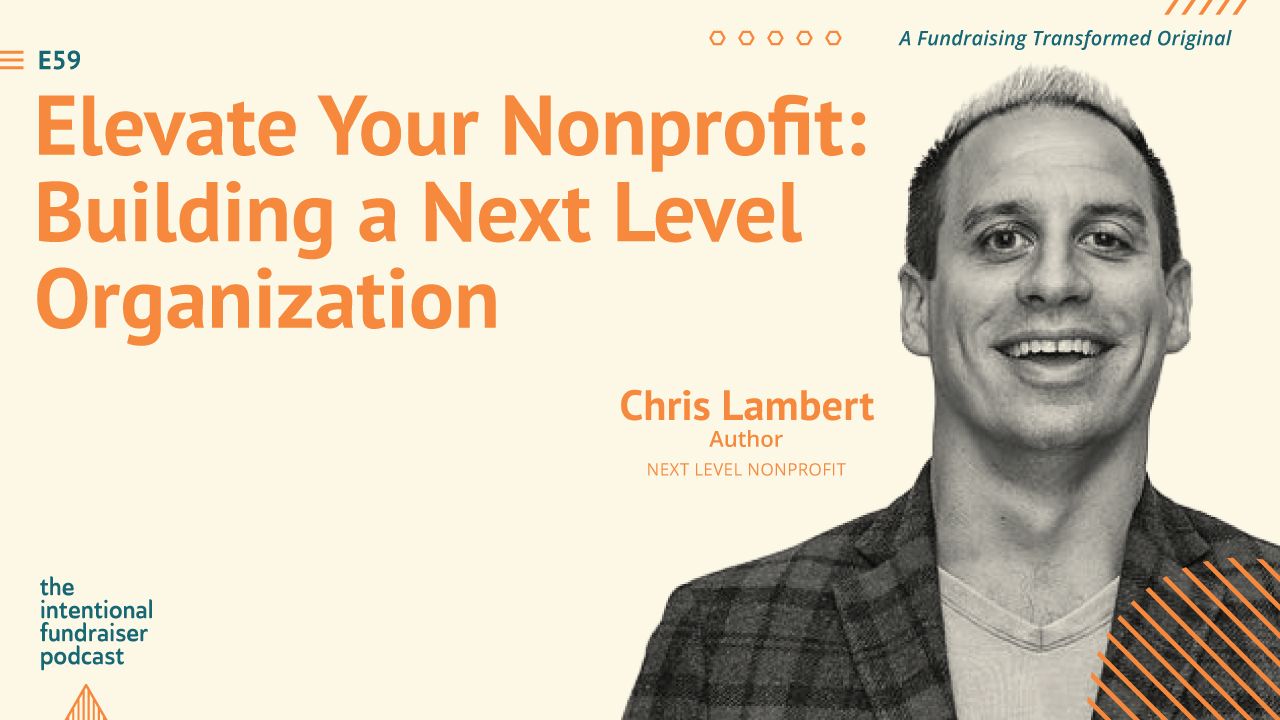1-1-1: A Few Simple Best-Practice Tips for Gift Officers

1 Lesson from Me
Anyone who manages a portfolio of donor relationships can benefit from these practices. In many ways, they're common sense, but I assure you – they are not common practice. And believe me, I've learned some of them the hard way!
1. Be knowledgeable about current events. Listen to NPR, CNN and FOX (for different perspectives) as well as your favorite local news channel. Read your local paper, business publications and national publications such as The New York Times, The Washington Post, and USA Today. Digital subscriptions aren't that expensive and make reading something you can do right from your phone or tablet.
Now, there's a fine line between being knowledgeable and being a know-it-all. Remember, you are Switzerland most of the time – meaning you are neutral unless your nonprofit organization has a political point of view. Especially in these turbulent and divisive times. This reading equips you to engage well in conversation and establishes you as intelligent, well-read, and credible.
2. Know your donors. Ask open-ended questions. Listen to their answers. Notice the little things. Act thoughtfully based on what you learn. What do they want to accomplish through their giving? What time of day do they prefer to meet? I work with a high-net-worth donor who owns an investment firm. He doesn't like to meet during trading hours. So, when I propose a meeting, it's never between 9:30 AM and 4 PM EDT during the week.
I've worked with an incredible 85-year-old powerhouse who's also a night owl. I know to never call her before 10 AM.
Another gentleman is an Executive VP at a Fortune 500 company. If I want to meet with him, I know it's 7 AM for breakfast at his private club just a few blocks from his office. He always orders the egg-white omelet with a side of blueberries. Notice the small things.
Also, learn their children's names, pets, and favorite flower. Not necessarily by asking direct questions but by observing and listening intently as they talk about what's happening in their lives. It shows them you care. It says, "I see you. I value you. You are more than a source of contributions." Your donors deserve that respect and care.
3. Keep it clean. Keep your car clean. Your office. Your language. Let's break that down.
Keep your car clean. Spontaneous requests can happen even if you don't PLAN to have a donor in your vehicle. Once I met with an incredibly generous donor in my office. Her name was Marilyn. At the end of the meeting, she shared that her husband dropped her off to meet with me before catching up to him at a Detroit Tiger's game. Do I offer to give her a ride or call a taxi? Of course, I drove her just four blocks to the ballpark. Thank goodness my car was clean. How many times has someone asked you for a ride, and you had to quickly unload the passenger seat filled with car stuff like fast food wrappers and water bottles? It happens. You're busy. But you need to keep your car clean for unexpected occasions.
Keep your office clean. How often does a donor drop by because they were in the neighborhood? I've even had planned donor meetings in a scheduled conference room, but when I arrive, another meeting has run over – and we end up meeting in my office. Is your office donor-ready? Or would you be embarrassed by the clutter or confidential information laying in plain sight on your desk? What's written on your whiteboard? You might want to erase it before your donor walks in - or place some blank flip chart paper over it.
Keep your language clean. Seems so obvious, right? But what if your donor routinely uses colorful language? Does that give you permission to fly your f-bomb flag? No, it does not. It will diminish your professionalism and credibility in the eyes of your donor – consciously or subconsciously. It just will. And even if you disagree with me – is it worth the risk?
4. Stay positive. Never let agency insider politics and cultural frustrations seep into your donor conversations. No gossiping. No complaining. Not ever.
5. Maintain your donor database. You must enter every donor interaction and outreach into your donor database. Not only does it serve you and your ability to reference all the details and activities, but it also serves your donor. With Development staff turning over every 18 to 24 months, it can get annoying for donors to share "one more time" why they love and support your organization. If you love your donors and your organization, you owe it to them to keep good records. It's time-consuming, and annoying. But it's oh so important.
1 Quote from Someone Else
"Relationships are based on great conversations, not one person showing the other how much they know."
Source: Jerold Panas, Fundraising Expert & Author, Founder Jerold Panas, Linzy & Partners, LLC
1 Question for You
Do you have any best-practices for gift officers you'd be willing to share with our fundraising community?
To share, just sign-up for a free Mentor membership in my Fundraising Transformers Community. After you log in, click "Lessons Learned" under Mentor in the left sidebar and share your thoughts.
Bye for now,
Tammy Zonker
Fundraising Strategist & Keynote Speaker
Recognized as one of America’s Top 20 Fundraising Experts
Creator of the Fundraising Transformers Community
p.s. Learn more about how I can help you take your fundraising results to the next level as a Growth member in my Fundraising Transformers Community.
p.p.s. If you find this lesson helpful, please forward this post to someone else you know who may benefit.






